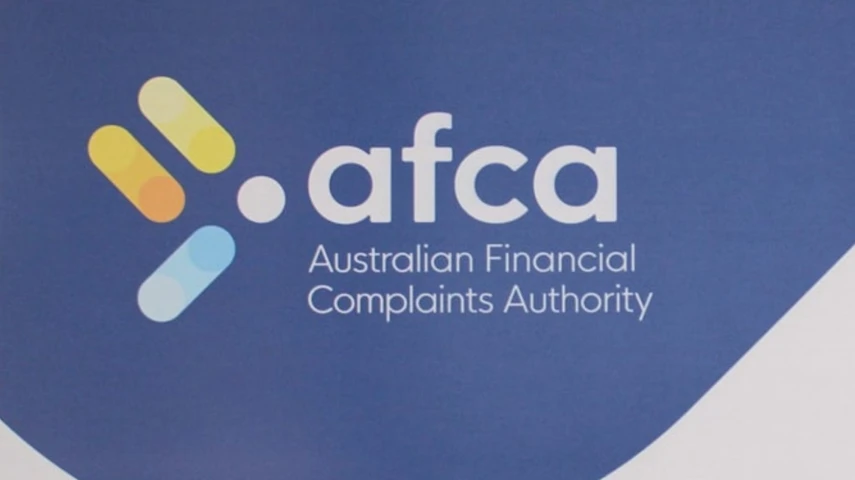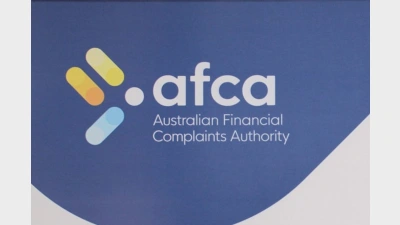Tighter IDR processes could reduce AFCA fees, CEO says



AFCA’s chief executive urged member firms to up their internal dispute resolution processes in order to cut down on costs owed to the authority.
As part of its annual fee review process, the Australian Financial Complaints Authority (AFCA) said it will apply an increase of 3.5 per cent to its annual registration fee, payable by all members, from 1 July 2025.
In a written statement, it said: “As a not for profit, AFCA takes a careful and considered approach to our fees. We have a user pays funding model, and even with the new fee increase, thanks to our low annual registration fee and five free complaints model, approximately 98 per cent of AFCA members will pay less than $400 in total fees and charges for AFCA each year.
“Over 50 per cent of our complaints we receive will be resolved for under $100.”
In FY2024–25, the annual registration fee was $388.69 for financial firm members and $68.29 for authorised credit representative members. Members who receive five complaints within the financial year only pay the annual fee.
Speaking at its member forum, chief executive David Locke said a key way for AFCA members to reduce their fees is by tapping into their own internal dispute resolution (IDR) schemes.
“We have been having conversations with boards and senior leadership at these firms about how, if they invest money in recruiting more staff to deal with IDR then you will pay AFCA less money, and less complaints will come through to us,” Locke said.
“If you have matters which are awaiting allocation, then there’s a real incentive for you to work with us to resolve them because the fees increase significantly if they aren’t resolved at the IDR stage and progress to case management. If you can resolve them before they come to us, then we can reduce the costs significantly.”
Complaints to AFCA increased to 104,861 in 2023–24, which, Locke shared, doubled the number of complaints five years ago. This was exacerbated by large-scale matters such as Dixon Advisory and United Capital Group.
As a result, AFCA has increased its complaints handling workforce by 40 per cent and brought in surge workers for specific cases. The latest annual report for 2023–24 showed the average time to close a complaint was 74 days but 33 per cent were closed within 30 days.
Locke said: “There are lots of matters that come through to AFCA that should be nowhere near an external dispute resolution scheme, such as service and delay complaints, and these cases come to us and then they are waiting because nobody is resolving them at your end or at our end.
“AFCA was never set up to resolve problems like delays. We should be handling matters where there is a significant legal or evidential dispute, rather than this process work.”
Recommended for you
The ATO has revealed nearly $19 billion in lost and unclaimed super, urging over 7 million Australians to reclaim their savings.
The industry super fund has launched a new digital experience designed to make retirement preparation simpler and more personalised for its members.
A hold in the cash rate during the upcoming November monetary policy meeting appears to now be a certainty off the back of skyrocketing inflation during the September quarter.
The peak superannuation body has announced the appointment of Peter Chun, CEO of UniSuper, to its board of directors.










